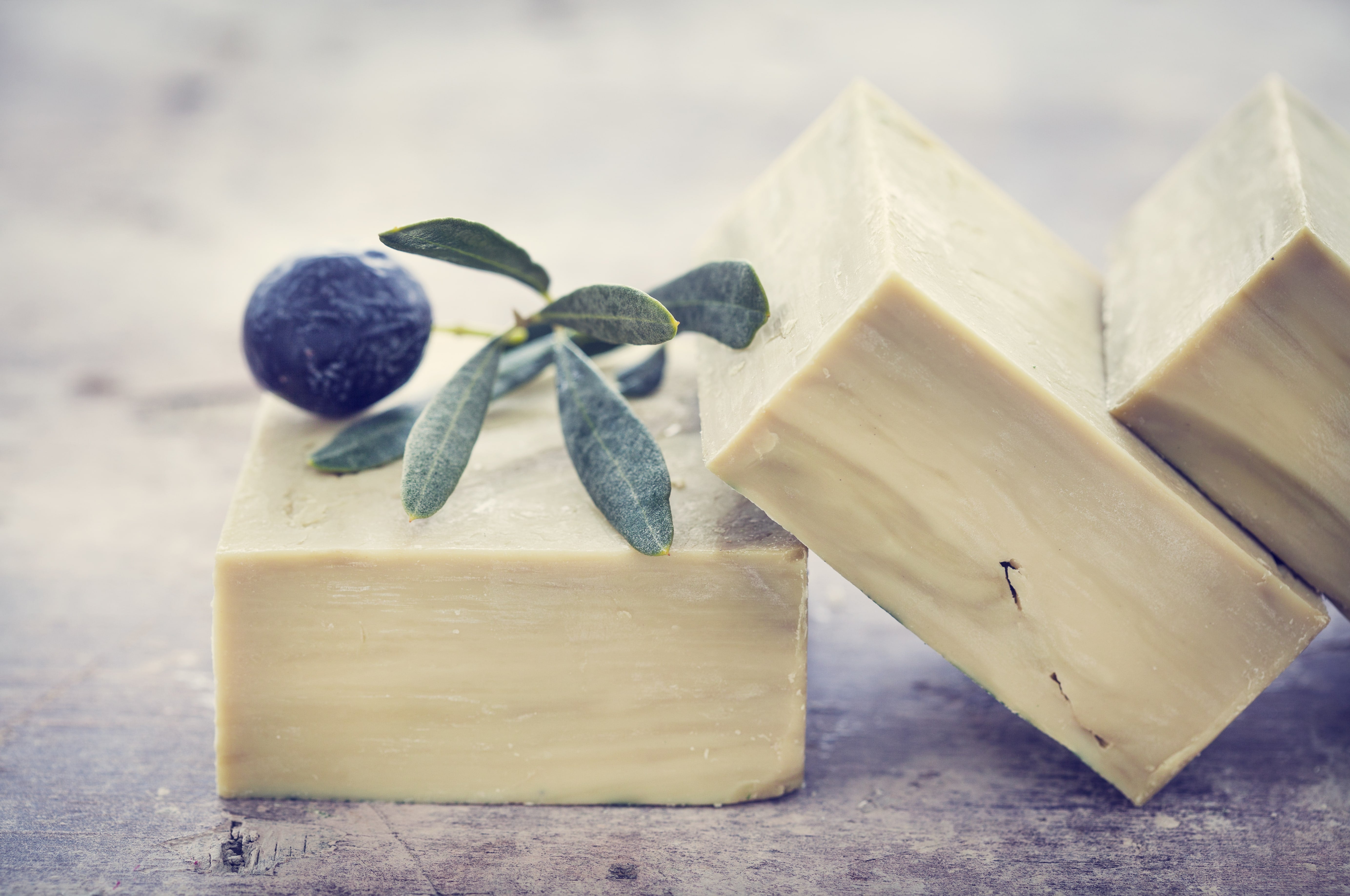Whether you’re new to the world of natural soap, or have been enjoying them for years, knowing how to choose the right natural soap helps ensure you and your skin get what you need. It’s important to know that most of what you find on the store shelves is not true soap. Don’t be fooled by the labels that indicate a natural product, or that claim the product is soap. Read on for tips on choosing the right natural soap for your unique skin care needs.
What Is Soap?
If that sounds like a silly question, it might help to understand that much of what is sold as soap isn’t soap. Be careful that you’re not buying detergent. Soap and detergent both clean but that’s where the similarities end. Soap is made from natural ingredients, such as plant oils and acids rendered from animal fat. Detergents are made from synthetic, man-made ingredients. So, what’s a person to do to ensure they’re buying soap, not detergent? Read labels. Look up the long, scientific names of every ingredient. If that sounds tedious, it may be, but your skin will thank you.
But I Don’t Recognize the Ingredients
Reading through an ingredient list that sounds like a recipe for a chemical cocktail may be the first clue you’re not looking at a natural soap product. Sometimes, the names of plant oils are masked behind their formal scientific name, but normally, you should see ingredients such as glycerin, palm and palm kernel oil, and shea butter, to name a few. All Wavertree and London soaps are made from 100% plant oils. When reading the ingredient label of a bar of soap, that’s what you should be looking for, pure plant oils.
The Label Says 100% Natural
You should be aware that for a soap to be 100% natural, it would mean a shorter shelf life. Most natural soaps, including Wavertree and London soaps, contain a very tiny, less than .0003%, amount of preservative. Without it, your soap wouldn’t last as long. Scent added to natural soap is usually synthetic as well. What you must be more concerned about are petrochemical, parabens, animal fats, propylene glycol, and sodium laurel sulphate. These are the ingredients that are drying and irritating to the skin. If you have sensitive skin, these should be avoided completely.
It’s not difficult to find a natural soap that is kind to your skin. Just make a habit of reading labels. Better yet, shop at a specialty store where the salespeople know how their products are made and can help you understand what you’re purchasing.


Share and get 15% off!
Simply share this product on one of the following social networks and you will unlock 15% off!